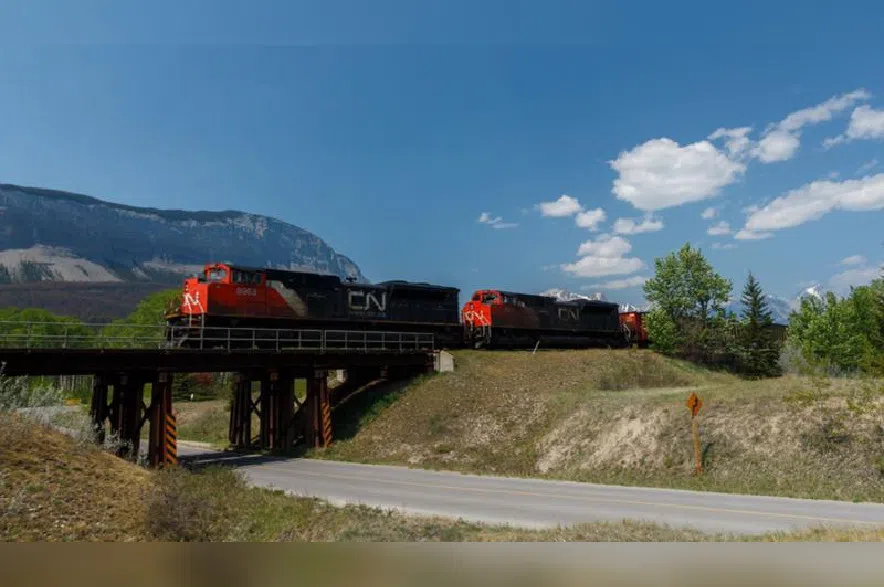By Alice McFarlane
The Agricultural Producers Association of Saskatchewan (APAS) has done something it hasn’t done in a long time.
APAS applauded the positive steps taken by CN and CPKC to eliminate their rail carbon tax surcharges. The change took effect April 1, for Saskatchewan, Alberta, Manitoba, Ontario and New Brunswick. The development follows the federal government’s elimination of the consumer carbon tax.
Read More:
- Consumer carbon tax will end on April 1 after order by Mark Carney
- Sask. drivers see instant relief as gas prices drop with end of consumer carbon tax
- SARM welcomes Saskatchewan move to drop industrial carbon tax
APAS President Bill Prybylski said the move is massive for farmers.
“Axing the surcharges puts more cash where it belongs – in our pockets and back into our rural communities. It’s a huge lift, especially now, with trade uncertainty,” Prybylski said. “Between 2019 and 2024, Saskatchewan farmers have been saddled with about $200 million in carbon surcharges by the railways.”
Prybylski said APAS has fought for the change, and seeing the surcharges finally removed is rewarding. He said eliminating the surcharges ensures farmers get the benefit of scrapping the federal consumer carbon tax and keeps them competitive on the global stage.
APAS pointed out that railway fuel surcharges were set to cost Saskatchewan farmers an estimated $80 million this year alone, underlining the significance of this decision.
While APAS is happy with the changes it remains vigilant about the still-active Low Carbon Fuel Standard (LCFS) in British Columbia, which might increase shipping costs for grain from Saskatchewan to B.C. ports by raising railway fuel costs.
Also, following the removal of the federal consumer fuel levy, APAS advocated for transparency and detailed analysis of how the federal Output-Based Pricing System (OBPS) impacts farm input costs.
Prybylski said it is crucial to have clarity on the implications and application of the continued provincial carbon pricing in British Columbia on rail freight costs for producers.
“We also need the federal government to ensure complete transparency around the OBPS and its impact on our sector as climate policies evolve, reinforcing the need for close collaboration with agriculture to avoid placing undue burdens on food producers,” he said.











